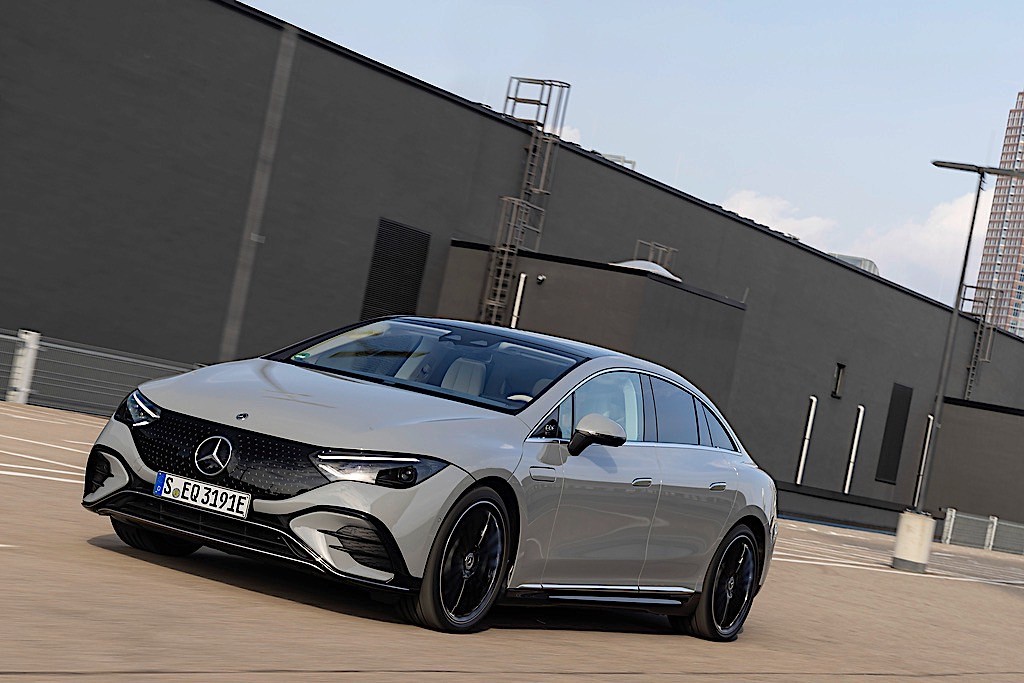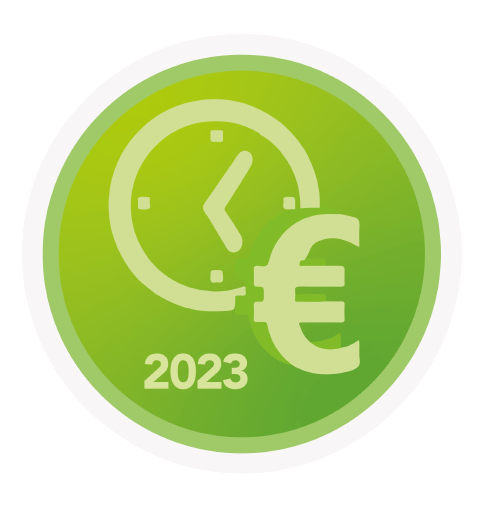Electric vehicles are becoming increasingly complex. More electronics automatically means more software and, naturally, coding errors arise.
The Mercedes recently acknowledged a programming problem affecting more than 3,000 electric vehicles based on the EVA platform, which also constitutes non-compliance with safety standard number 305 (on electrolyte leakage and protection against electric shock).
The German manufacturer became aware of a potential deviation from the required specifications during routine testing in May 2022. More specifically, certain diagnostic functions of the battery management system might not be working as intended. Precisely one year later, the Stuttgart-based company identified a warning indicator that might not inform the driver of a malfunction in the battery system.
The documents stored in the National Highway Traffic Safety Administration reveal that the problem was corrected during production in September 2022. This, in turn, shows that Mercedes has been aware of the non-compliant condition since then. The German company has already notified its dealer network in the United States of America about the recall necessary, instructing dealers to update the software of the battery management system at no cost to the affected owners.
Looking at the bigger picture, Mercedes is going all in on electric vehicles, whenever market conditions allow. The switch to fully electric vehicles will be completed by the end of the decade, which means that the 223 is the last S-Class to feature internal combustion engines.
The continuation of the original article via Autoevolution can be read here.


